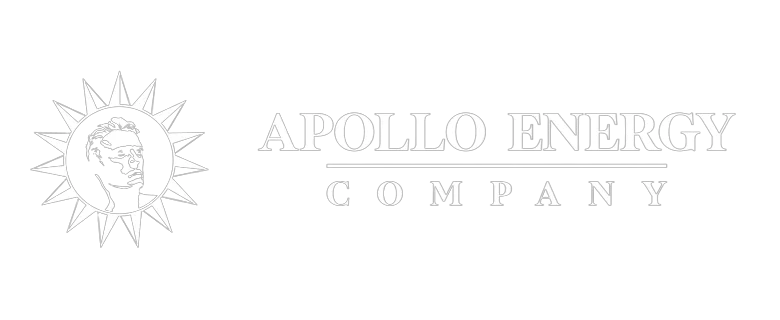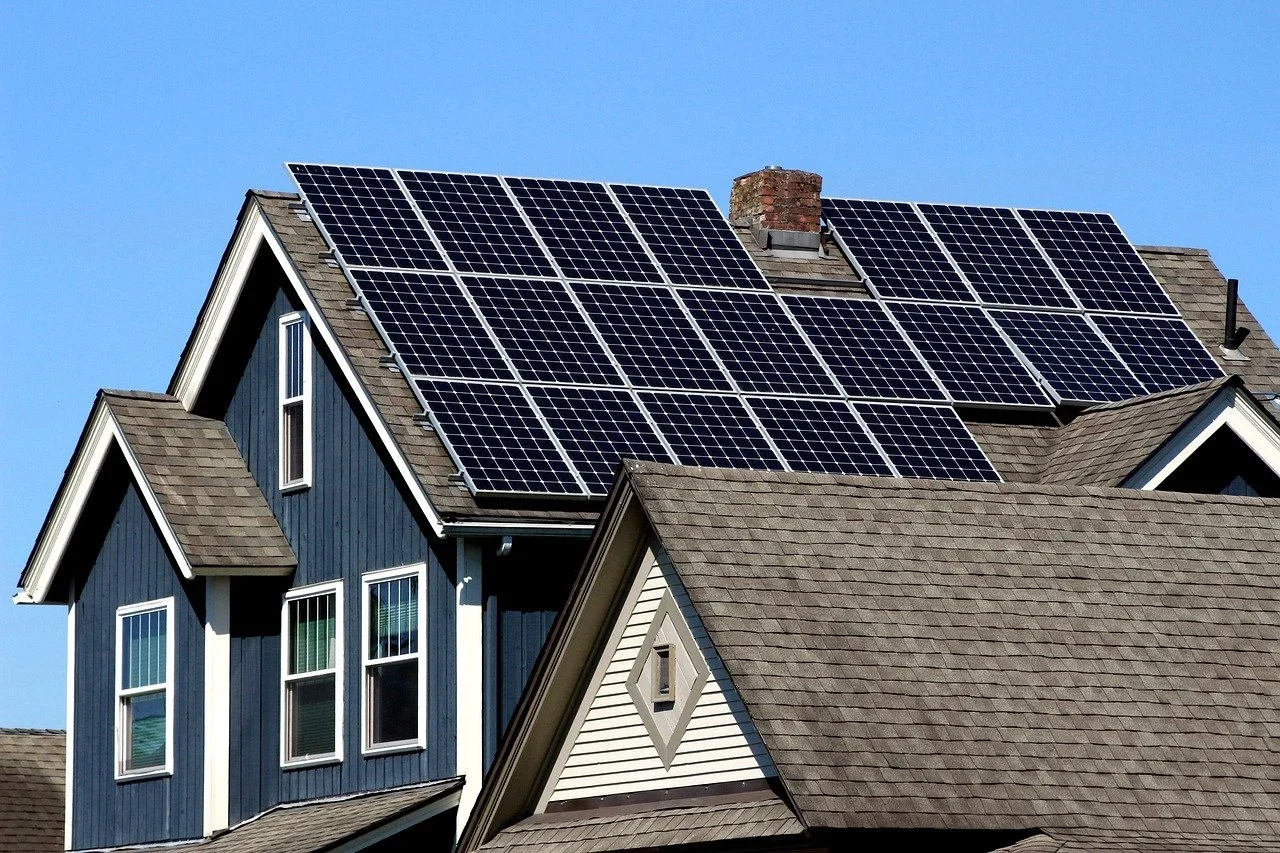There is enough solar power installed in the US today to power two million average homes. As solar adoption continues to rapidly increase, there are still a lot of homeowners out there that do not know how solar works, nor how exclusive it can be to qualify for monthly savings.
As a standard rule of thumb, any homeowner with an electric bill that averages at least $100+ per month, plus minimal roof shading during peak sun hours, should absolutely find out if they are eligible to save money with solar panels.
Here are the factors that could determine how much you will be able to save, as well as your overall eligibility for solar:
- Roof Size & Position: Your roof’s size, pitch and direction will determine how many solar panels you can host and how much sunlight they will be able to harness. The amount of panels you can install will determine how much clean energy your home can produce, and they also typically perform best if southerly or east/west -facing. Any roof obstructions (like piping, dormers or chimneys) will also affect how many panels your roof can hold.
- Sunlight Exposure: The most ideal sun exposure hours are between 9:00 AM & 3:00 PM, no matter the time of year. The more sunlight your roof receives, the more productive the solar panels and your system output will be – in other words, it will determine how much you’ll be able to save.
- Roof Type: Luckily, the most common roof type (asphalt shingle) is perfect for solar installation. While you technically can install on virtually any type of roof, there are 4 other types that are extremely compatible with installation: metal standing seam, ethylene propylene diene monomer (EPDM rubber), and thermoplastic Polyolefin (TPO) and polyvinyl chloride (PVC).
- Roof Age: Solar installers assess the age and condition of the roof prior to solar installation. As systems can last anywhere from 25-40 years, roofs often need repairs, remediation or replacement prior to installation.
- Own Your Home: You must be the owner of your home in order to enroll in a solar contract. If you are a renter and would like to enjoy the benefits of cleaner energy, your landlord must be interested in installing panels and work with us directly on the details.
- Community Regulations: If you live in a homeowner’s association (HOA) or reside in a similar community, you should ensure that board members approve rooftop solar panels prior to moving forward with paperwork. In some cases, and as solar becomes more popular throughout the United States, states have passed regulations barring HOA’s from preventing you from going solar (such as New Jersey Statute § 45:22A-48.2).
Your solar expert will review all of the qualifications with you. Trust us – it’s much easier than it looks! And if your roof doesn’t meet the qualifications but you have enough sunlight and yard space for a ground mount system, we can still help you switch to solar. We will do all the heavy lifting every step of the way to ensure you have the most seamless transition to eco-friendly savings.

